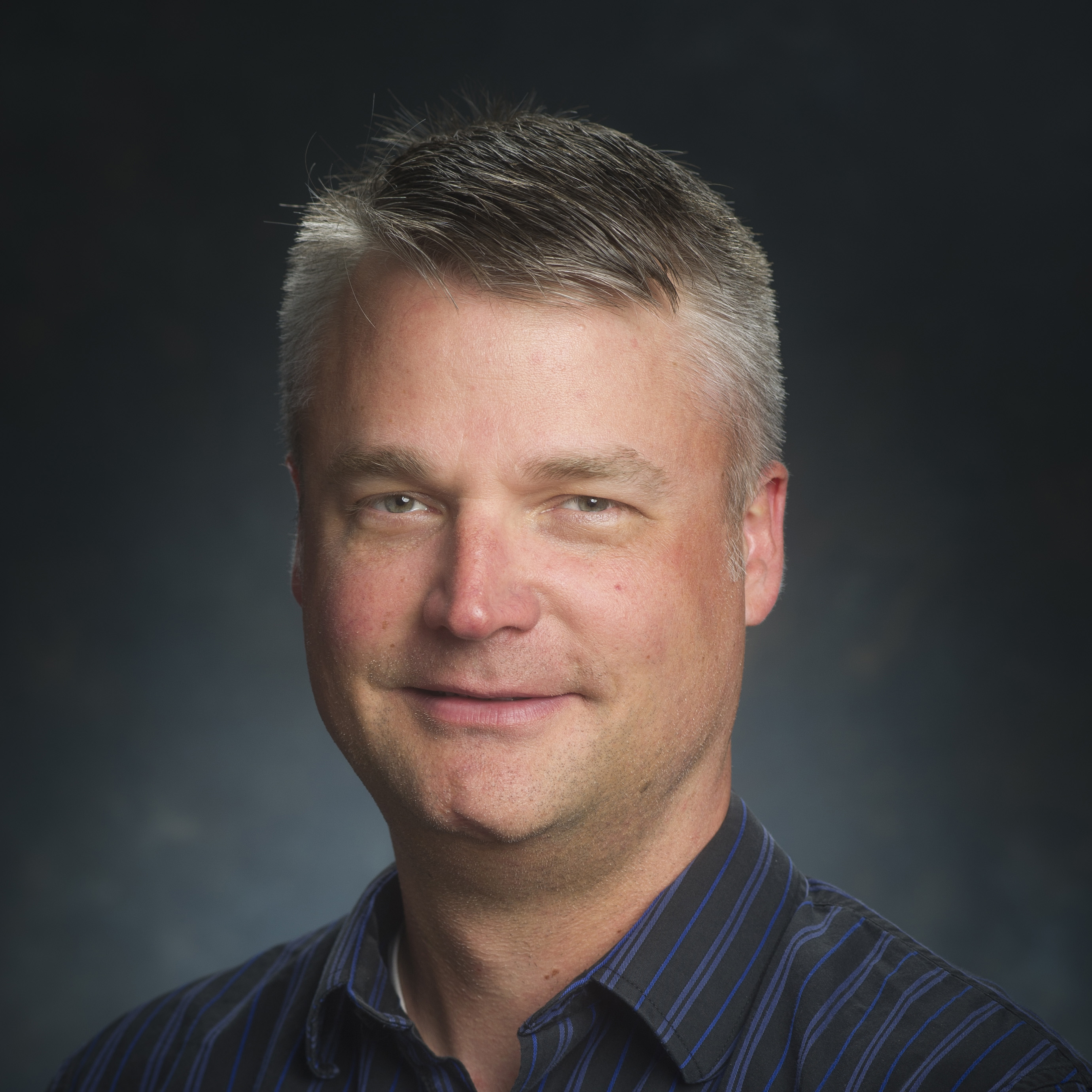 Professor
Professor
Research Areas
Ribosome biosynthesis; Regulation of gene expression
Research Interests
The ribosome is the molecular machine responsible for all cellular protein synthesis. Due to this central role in gene expression, ribosome synthesis is tightly linked to the rates of cell growth and proliferation. In the Schneider lab, we are focused on defining early steps in ribosome biosynthesis and devising strategies by which ribosome synthesis can be inhibited for therapeutic benefit.
Eukaryotic cells express at least three nuclear RNA polymerases (Pols) and those enzymes have diverged to synthesize the three major classes of RNA (rRNA, mRNA, and tRNA by Pols I, II, and III, respectively). Transcription of the ribosomal DNA by Pol I is the first, rate-limiting step in eukaryotic ribosome biosynthesis. We know that the mechanisms that govern Pol I activity are distinct from those of other RNA polymerases, and we are focused on defining those regulatory mechanisms. Currently, we are working hard to define: 1) enzymatic properties that control Pol I, 2) trans-acting protein factors that influence Pol I activity, 3) the relationship between DNA sequence and Pol I transcription elongation and pausing, and 4) the intimate connection between Pol I transcription elongation and pre-rRNA processing. Understanding all of these properties is fundamentally important to understanding cell biology.
In addition to its basic scientific value, Pol I transcription is emerging as a target for the development of a new class of anti-cancer chemotherapeutics. At least three labs have discovered compounds that inhibit Pol I activity and candidate compounds have performed well in pre-clinical studies. These promising results from groups around the world emphasize the need to understand rRNA synthesis and its regulation. We and others must continue to identify the fundamental properties that govern rRNA synthesis in model systems and human cancer cells. Understanding how Pol I works will directly promote efforts to exploit its vulnerabilities for therapeutic benefit.
Education
Graduate School
Ph.D., University of Wisconsin, Madison
Postdoctoral Fellowship
University of California-Irvine
Contact
Office
Kaul Human Genetics Building
Building Room 402B
720 20th Street South
Birmingham, AL 35233
Phone
(205) 934-4781
Email
dschneid@uab.edu